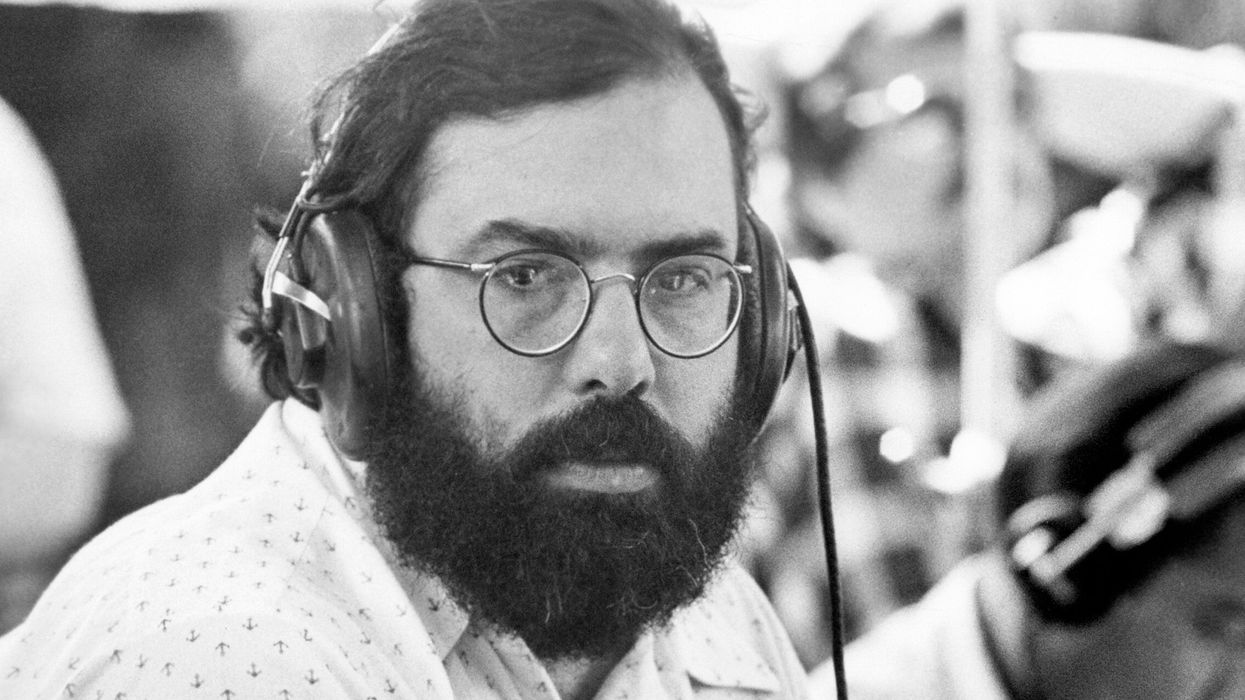What Does Francis Ford Coppola Think About Rewriting?
Turns out this Francis Ford Coppola guy knew a lot about screenwriting.

If you've done enough writing, you may realize that the old tricks you used to complete pages and rewrite ideas might need a little bit of a kickstart. I know I am always looking for new tips on how to approach my stories in a different light and to figure out what matters in the final polish.
Enter Francis Ford Coppola, director, and writer of three Godfather films, The Conversation, Apocalypse Now, and many other films. Coppola is a master of his craft, doing what he thinks is right for the story even when other people cannot see it.
I was browsing the internet when I ran into this story of Coppola describing his rewrite process. It's from writer Steven Pressfield, who describes a correspondence he had with a friend who encountered Coppola.
His friend was actor D.B. Sweeney, who starred in Coppola's Gardens of Stone.
Sweeney had read the script and was meeting with the director. He was worried because a lot of scenes from the book were cut out, and so were a lot of scenes from the previous script he read. This draft was a little lean and had some long and chatty scenes.
Here's how Sweeney describes his interaction with Coppola.
"I said I’m no expert, but it seems a little talky. He liked that answer, said he agreed, and then said 'I’m going to teach you had to do a full production rewrite.' He took a piece of paper and wrote 'Page 99' at the top. Then he wrote 'The End' at the bottom. 'You write a script front to back but you rewrite it back to front.' And he proceeds to furiously scrawl the key plot events in reverse order. 'If it’s not directly tied to these things, it goes.'"
Sweeney goes on to say Coppola told him you actually write three versions of the movie, the draft people sign on to make, the one you shoot, and the one you find in the edit.
You can read the full account here. I loved hearing about this intimate moment between a director and actor, two people who respect the craft and only want to take their best shot at it.
Any work you do on the script before you shoot will only make the next two jobs that much easier. And let's not forget the scenes you add on the fly, just in case.
My main takeaway is that this is a genius way to sculpt your rewrite. Not only does it force you to think about what matters, but it makes sure your structure is tight. I might even realize that I'd need to add some scenes that prop up certain beats, and it definitely gets you to be ruthless with the cuts.
As I type "fade out" on my latest draft, I actually can't wait to try this out. I'll definitely list the beats first and then begin to adjust.
Have you ever tried rewriting backward to forward? Think you might in the future?
Let us know about it in the comments.











